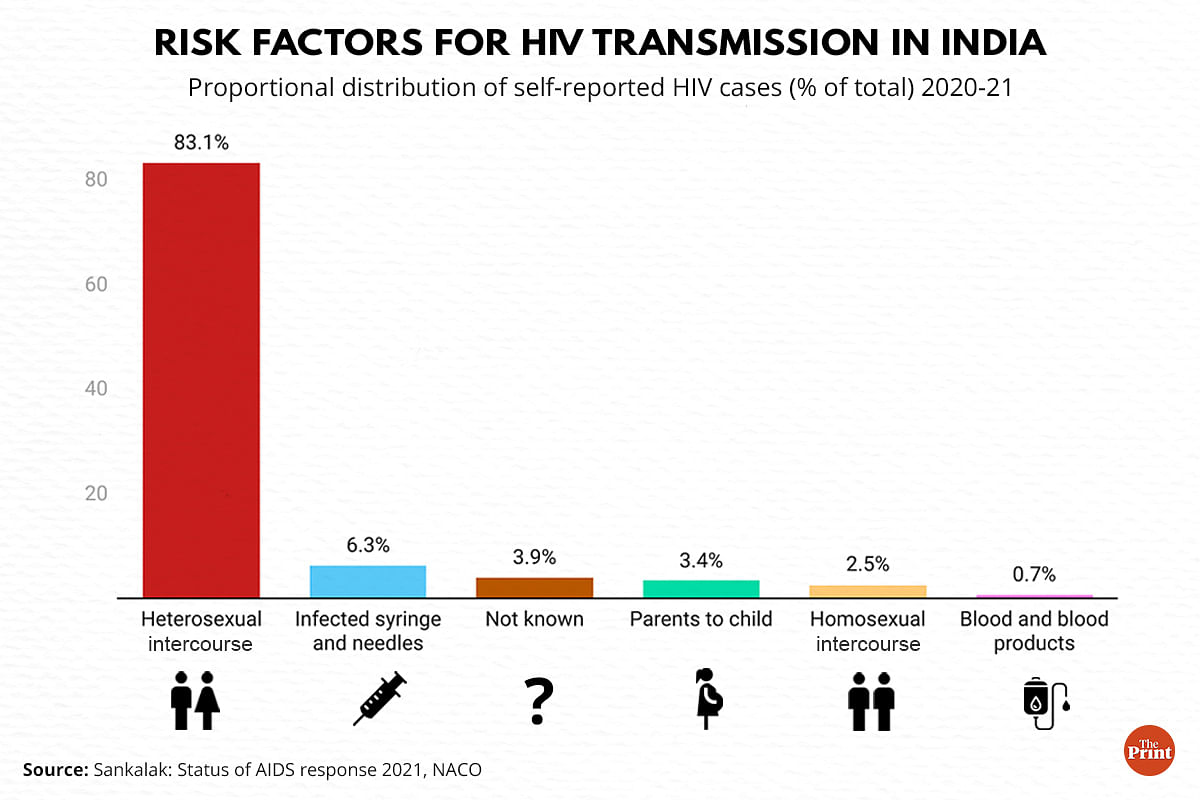In their attempt to influence the Supreme Court hearing on the same sex marriage issue, 21 retired High Court judges expressed their strong disapproval to the concept of homosexual marriages. In an open letter, the judges also cited their fears of HIV-AIDS revival, if the court legalises such relationships.
While there can be disagreements on what is Indian culture and how functional traditional marriages are, raising the topic of HIV simply spreads stigma and phobia over a disease we have taken years to allay.
The group of former judges said that India needs to “take lessons from the nations across the globe”, the nation being the United States of America. They cited the fact that 70 per cent of the new infections of HIV-AIDS were reported among gay and bisexual men in the US.
“Therefore, legalising same-sex marriage might lead to an exponential rise in the number of HIV-affected. Giving priority to right to choice and personal liberty over right to life may cause severe consequences in the future,” they wrote.
Flawed analogies
For starters, these ex-judges think that same-sex relationship is a western concept unfit for Indian culture and in the same breath they cite US statistics to base their fears.
This analogy is flawed because it completely misses out why LGBTQIA+ members in the US are increasingly infected with HIV.
‘HIV is a gay disease’ is a Western myth, originating from the US. The American anti-gay movements used HIV to justify the bans on sodomy when the global epidemic was in its initial stage.
The gays were left to die because many believed the disease to be God-given. Medical interventions were only possible after a series of protests.
Today, the prevalence of HIV is higher in America’s minorities, gay and bisexual men from Black, Hispanic and Latino communities. Generally, these groups also express strong disapproval for homosexual relationships more than White people. In the US, racial differences determine the attitude towards homosexuality and hence the disparity in HIV infections. Legalising same-sex marriages in India cannot possibly cause an ‘exponential rise’ of the disease.
Moreover, why should we learn from the US anyway? With roughly 2.4 million people living with HIV/AIDS (PLHIV), India ranks in the top three in the world with South Africa and Mozambique. so we should have plenty of evidence to see what’s causing it.
According to the 2021 report by the National Aids Control Organisation, the proportion of HIV cases in 2020-2021 was just 2.5 per cent through homosexual or bisexual contacts. More than 83 per cent of the HIV infections were caused by heterosexual contacts and that’s been the case for long.

Going by the absurd argument given by the ex-judges, India should have banned heterosexual marriages long ago.
Also read: Where are India’s queer parents? Having a family is not even an option for many Indians
The case for gay marriages
Irrespective of what anyone thinks, HIV is not a gay disease. It is majorly caused by unsafe sex with multiple partners.
Marriage, in general, is monogamous. If legalising it for same-sex couples doesn’t reduce the number of HIV cases in India, incentivising monogamy won’t increase it either.
And mind you, the Indian statistics do not say how many HIV-positive cases were found among gay men. The data only mentions men having sex with men irrespective of their sexuality. Due to the unreasonable stigma attached to homosexuality, many gay men in India end up marrying women.
We know that homosexuality is natural. And the libidinal impulses don’t die just because one refuses to act on them. Gay men married to women find their way back to dating apps, looking for relationships they actually desire. In fact, in private spaces such as gay parties and hot spa sessions, most male participants in their thirties and forties have a wife at home.
If they had felt legally and socially accepted to choose monogamous relationships with men, the number of sexually transmitted infections (STIs) might see a downtick. Since marriage doesn’t cancel promiscuity, we are also putting the lives of many women in jeopardy.
Also read: ‘Very offensive’ — same-sex marriage petitioners slam Modi govt’s ‘psychology of child’ stand in SC
HIV treatment has advanced
Unfortunately, the retired judges were so blinded by their homophobia that they chose not to see the advancements in HIV treatment and prevention. Today, HIV positive parents can give birth to a perfectly healthy child. Through regular and timely dosage of the Antiretroviral therapy (ART)—which is free in India—a person living with HIV can still lead a healthy life.
Also, through the same treatment, there comes a stage when HIV becomes undetectable and thus non-communicable.
Nowadays, some of the NGOs in India are also offering subsidised capsules of Pre-Exposure Prophylaxis (PrEP) medicines, which offer protection against HIV. This medicine has been a huge hit among the LGBTQIA+ members, though the risk of getting infected by other diseases does not die.
The presence of a queer community in India cannot be denied any longer. But by just putting them in the category of ‘men having sex with men’, we will never know them.
The knowledge about HIV prevention and treatment that the gay community in India has, should be enough to pacify the retired judges’ fear. Merely (mis)stating American statistics does injustice to the efforts led by the government and numerous NGOs fighting against the disease in India. Same-sex marriages only bolster the case for preventing HIV and not the opposite.
(Edited by Ratan Priya)



